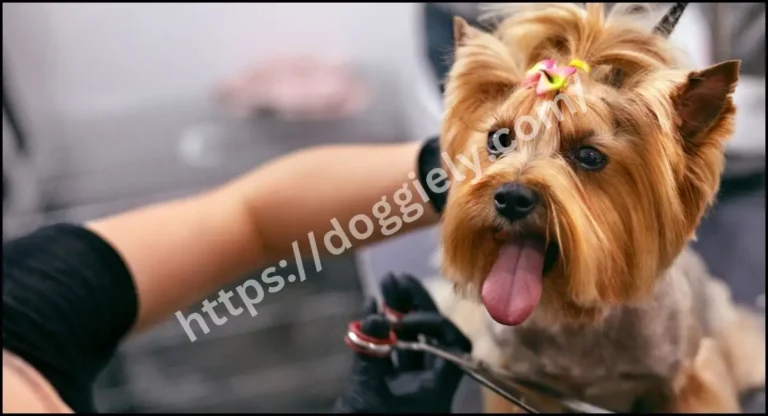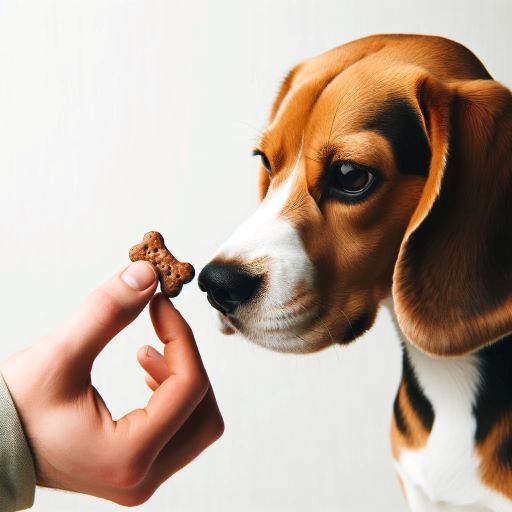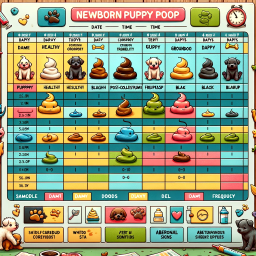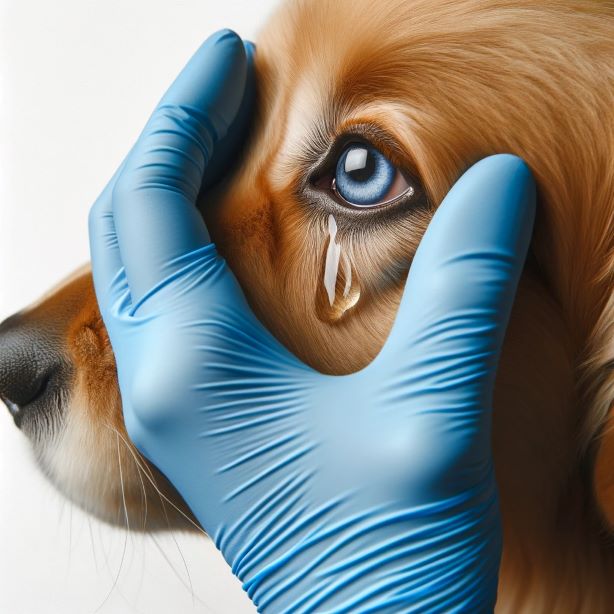Why Does My Dog Itch At Night (Reasons and How To Stop it)
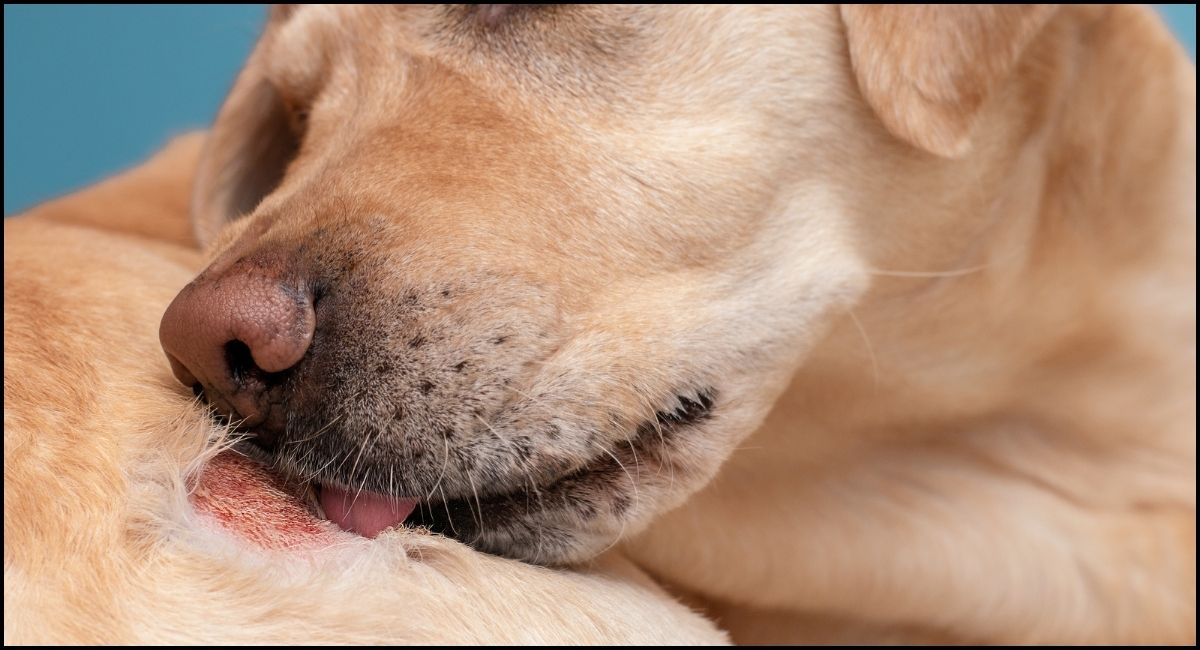
Does your dog keep itching and licking himself at night, and have you been wondering why and what you can do about it?
This post would enlighten you on why your dog might be scratching and licking itself at night and how you can help your dog get better.
So, why does my dog itch at night?
Dry skin is one of the common causes of nighttime scratching in dogs. When the temperature drops low at night or there’s low air humidity, your dog’s chances of having dry skin increases which often leads to itching. Other reasons include parasites, allergy triggers etc.
Why does my dog itch at night?

The fact is that there are so many factors that could be causing your dog to be itchy at night; hence the key is to carefully sieve out the causes that least apply to your dog’s situation to pinpoint the culprit. The source might be any or a combination of the reasons listed below:
1. Dry skin:
Dry skin on dogs can be caused by weather changes, such as low air humidity or freezing weather. It could also result from a lack of adequate nutrition in your dog’s diet, mainly from a deficiency in essential fatty acids, vitamins, or proteins.
Your dog might have dry skin due to excessive bathing, especially if you make use of a shampoo that strips your dog’s coat of its natural oil or if you don’t follow the shampoo up with a moisturizing conditioner.
Your dog might be itchy at night because it’s suffering from dry skin. Dry skin on dogs always results in a dull-looking coat and a flakey dry skin. In extreme cases could result in excessive hair loss, redness of the skin, and an offensive odor from your dog’s skin.
If you suspect your dog is suffering from dry skin, you might want to check out your dog’s diet if it contains all the essential nutrients required to develop healthy skin and coat.
You should also ensure that your dog’s shampoo isn’t too harsh; this is why most professionals advise against using human shampoo for your pets as the P.H of regular human shampoo is not appropriate for your dog’s skin. You might want to contact your veterinarian if you suspect your dog has dry skin or if you do not know the source of its dry skin.
2. Parasites:
This is another common cause of dog’s nighttime itching. Bugs, ticks, and fleas feed on dog’s blood, causing them extreme discomfort; they also carry pathogenic microorganisms that cause diseases. If there are bugs on his bed or yours, this may be the cause since he’s most likely to lay on the bed at night.
Check your dog’s coat for any visible signs of these parasites. You can make use of a flea comb as you carefully and thoroughly search through your dog’s entire body.
It would be best if you were on the lookout for ticks, fleas, flea dirt(they appear as brown or reddish specks), and flea eggs (they appear as white specks). Parasites like fleas and ticks are usually common during warmer seasons, so you might want to take extra precautions during such times.
3. Anxiety:
Your dog might be itching at night because it is feeling anxious or overly stressed. Anxiety induced itching is a compulsive behavior that can lead to inflammation of the skin when done excessively. An excellent way to give your dog relief is to tackle what might be causing your dog to feel stressed and anxious.
Perhaps, you just moved into a new home? Or you just got a new pet, or you no longer take your dog on its occasional exercises and walks to the park. Knowing what is causing this reaction in your dog is a step closer to helping your dog get better.
4. Hormonal problems:
hormonal imbalance is a common cause and usually comes with other symptoms such as changes in the color, distribution, thickness, and consistency of your dog’s coat.
It can also drastically affect your dog’s weight, appetite, and activities. Your dog’s body may be producing excess cortisol hormone or might not be synthesizing sufficient thyroid hormone resulting in your dog itching and scratching at night.
Contacting a vet is essential if your dog is suffering from hormonal imbalance to inform you about the therapy and the supplements that would be appropriate for your dog’s condition.
5. Allergic reactions:
Your dog might be itching at night due to allergies he’s reacting to, especially if he is only inside at night. Allergies might be induced by substances in the environment, such as mold, pollen, or dust.
They can also be triggered by food or flea bites. Your dog might be suffering from skin allergies, also known as allergic dermatitis. Did you incorporate anything new into your dog’s diet plan? Your dog’s body system might be intolerant and sensitive to some food such as wheat, beef, eggs, soy, chicken, or milk.
Some dogs are also allergic to flea saliva, which might be introduced to their system from a flea bite. If you believe your dog is suffering from an allergic reaction, then you might want to contact your local veterinarian for allergy testing to determine the source of your dog’s allergic reaction and to administer the appropriate treatment.
How can I relieve my dog’s itching at nights
Because there are so many reasons to consider when a dog exhibits nighttime itching, it is always a good decision to rule out medical conditions first with your vet when such behavior is noticed.
If you discover that your dog itches itself excessively at night, you can do the following to get your dog to stop depending on the particular cause.
1. Eliminate your dog’s anxiety: If your dog itching itself at night is a result of anxiety, you might want to help your dog get over the feeling. The best way to treat anxiety is to speak to a professional veterinarian, as they will help you determine the trigger and help provide solutions best suited for your dog’s condition.
2. Please get rid of parasites: There are several methods available for getting rid of fleas, tick, and parasites that may have found their way to your dog’s coat and skin such as spot-on treatments, tick dip, tick collars, oral treatments, tick sprays, medicated powders and even shampoos that contain medicated ingredients specific for fighting against parasites.
The moment you discover that the cause is from parasite infestation, then you should take out all your dog’s bedding and wash in hot water. Take your dog outside and give him a good bath while brushing his fur with a flea comb. It is also important to place your dog on a regular flea and tick preventive treatment program to prevent future infestations.
3. Watch your dog’s diet: if you believe your dog itching itself at nights might be because of something in its food or a new diet plan, then you should take a closer look at your dog’s diet. Contacting a veterinarian for a professional food trial would also be the right decision. A food trial is a slow process that involves eliminating any suspicious food in your dog’s diet and adding new recipes and observing how your dog reacts to it.
Conclusion
The fact is that your dog itching itself at night might just be driving your dog crazy as much as it affects you.
It is your duty as a pet owner to help your dog by finding out the source of discomfort and giving it the help it needs.
It is important to note that you shouldn’t give your dog any medication or introduce any new substance to its diet without consulting your vet first.
I hope you have got the answer of this question: Why Does My Dog Itch At Night?
Related Articles:
Read More: Can Dogs Eat Carrot Cake? 6 Benefits
Read More: How to Clean a Dog Bed Without a Removable Cover? 6 Methods
Read More: Why is My Husky is So Fat? 5 Common Issues
Read More: Why Does My Dog Sit On Me? 12 Reasons
Read More: Why Does My Dog Put His Paw On My Face? 6 Reasons
Read More: How To Wash A Dog Without A Bathtub? 5 Effective Methods
Read More: Why Do Dogs Like Bolster Beds?
Read More: Why Does My Dog Smell My Ears? 3 Reasons


